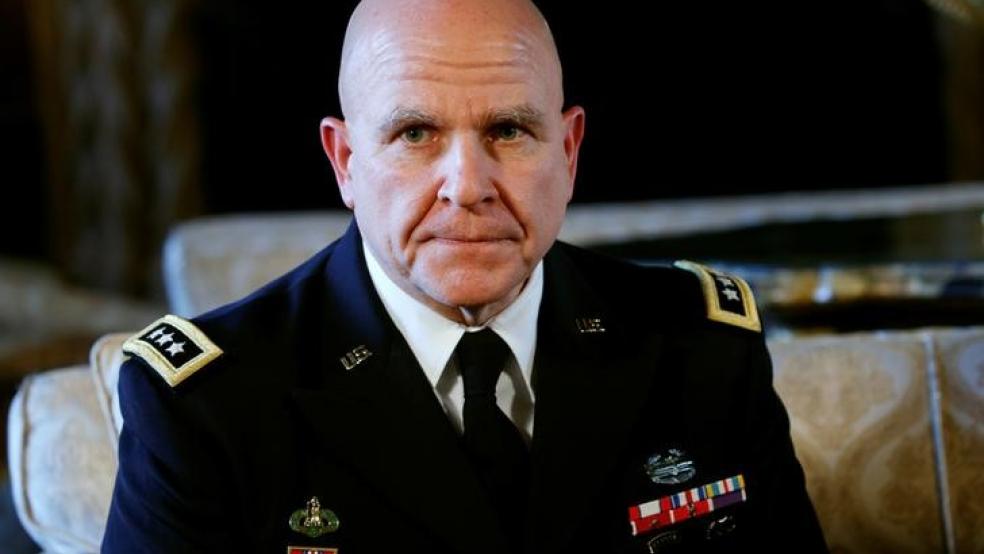WASHINGTON (Reuters) - President Donald Trump's administration plans to consider almost all illegal immigrants subject to deportation, but will leave protections in place for immigrants known as "dreamers" who entered the United States illegally as children, according to official guidelines released on Tuesday.
The Department of Homeland Security guidance to immigration agents is part of a broader border security and immigration enforcement plan in executive orders that Republican Trump signed on Jan. 25. Former President Barack Obama, a Democrat, issued an executive order in 2012 that protected 750,000 immigrants who had been brought into the United States illegally by their parents. Trump has said the issue is "very difficult" for him. Trump campaigned on a pledge to get tougher on the estimated 11 million illegal immigrants in the United States, playing on fears of violent crime while promising to build a wall on the border with Mexico and to stop potential terrorists from entering the country.Trump's planned measures against illegal immigrants have drawn protests, such as an event last week that activists called "A Day Without Immigrants" to highlight the importance of foreign-born people, who account for 13 percent of the U.S. population, or more than 40 million naturalized American citizens.A banner declaring "Refugees Welcome" was posted on the base of the Statue of Liberty, a symbol of American acceptance of immigrants, before park rangers removed it on Tuesday, WABC television reported.DHS officials, on a conference call with reporters, said that although any immigrant in the country illegally could be deported, the agency will prioritize those deemed a threat.These include recent entrants, those convicted of a crime and people charged but not convicted of a crime. Some details of the guidelines were detailed in a draft memo seen on Saturday. HIRING MORE AGENTS Many of the instructions will not be implemented immediately because they depend on Congress, a public comment period or negotiations with other nations, the officials said. Mexican immigration officials immediately objected to part of the new rules.The guidance also calls for the hiring of 10,000 more U.S. Immigration and Customs (ICE) agents and 5,000 more U.S. Customs and Border Protection (CBP) agents.The DHS will need to publish a notice in the Federal Register subject to review in order to implement one part of the plan that calls on ICE agents to increase the number of immigrants who are not given a hearing before being deported. The new rules would subject immigrants who cannot show they have been in the country for more than two years to "expedited removal." Currently, only migrants apprehended near a U.S. border who cannot show they have been in the country more than 14 days are subject to rapid removal. The memos also instruct ICE to detain migrants who are awaiting a court decision on whether they will be deported or granted relief, such as asylum. DHS officials said they are reviewing what jurisdictions may have laws in place that prevent the amount of time immigrants can be held.The agency also plans to send non-Mexican migrants crossing the southern U.S. border back into Mexico as they await a decision on their case. The DHS officials said this plan would be dependent on partnerships with the Mexican government and would not be implemented overnight. The guidelines were released a day before U.S. Secretary of State Rex Tillerson and Homeland Security Secretary John Kelly were due in Mexico City for talks with President Enrique Pena Nieto and Mexican officials.An official from Mexico's Foreign Ministry said the government would tell Kelly's team to that it was "impossible" for Mexico to accept deportees or asylum applicants from foreign countries, and would ask them to explain their plan.The deportation of Mexicans would be one of the government's major concerns at the meeting, said the official, who declined to be named.A spokeswoman from the Foreign Ministry did not immediately respond to a request for comment. (Reporting by Julia Edwards Ainsley in Washington; Additional reporting by Anahi Rama and Gabriel Stargardter in Mexico City and Dan Trotta in New York; Editing by Grant McCool and Leslie Adler)Trump to spare U.S. 'dreamer' immigrants from crackdown

Kevin Lamarque



